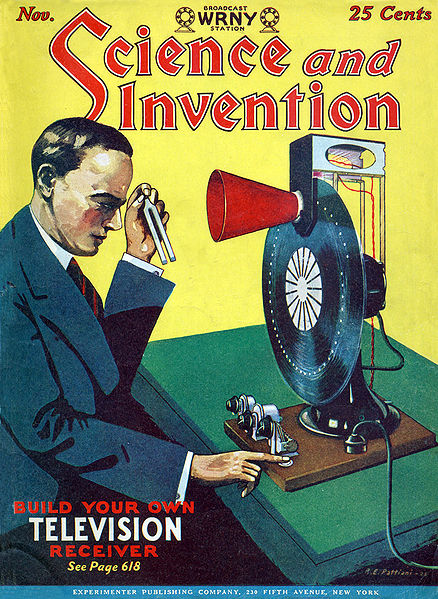When patent monopoly extends beyond physical devices to the realms of costless copies of copies

Summary: Some thoughts about the role of patents in FOSS and why software patents need more vocal opposition
OVER the years I have composed several thousands of posts about software patents. A lot of GNU and Linux advocates lose sight of what clearly became the #1 impediment to adoption of platforms such as Android and webOS. Patents are harming these Linux-powered platforms in ways that are scarcely understood by the outside world because a lot of bickering over patents happens behind the scenes.
Notable among the secret deals was the 2006 Microsoft/Novell deal and prior to that a deal with
Sun Microsystems. The goal is to impose barriers on the distribution as Free (as in freedom) software.
Merriam-Webster
defines antithetical as "being in direct and unequivocal opposition," which is exactly what software patents are to
copyleft-based software -- software on which the only restriction is that sharing should require modified distributed copies to be made available using the same licence, hence ensuring the preservation or endurance of a program's freedom.
When copyright (or copyleft) are further encumbered by abstract notions of ownership/monopoly such as patents, the same principles no longer apply. One can, for instance, distribute copyrighted code without restriction on the number of copies made, but when a per-unit patent licence is introduced, distribution of a program is impeded.
No
Open Source licence provides a one-size-fits-all solution to this cleverly-crafted riddle or discriminatory-by-design maze.
Without delving into the reason software patents -- like several other classes of patents (e.g. genetics, business methods) -- are outrageous, impractical to enforce, and economically unsound, let us recognise that trying to pretend
Free/Open Source software (FOSS) is compatible with patents (as proprietary software lobbyists like to do) is worse than deceitful; it is malicious.
Software patents are basically what an insipid mind would conceive as an evil plot to kill FOSS at a litigious level. The strategy which more recently embedded software patents and FOSS-hostile stings in policies (law) is RAND or
FRAND -- basically the vain contention that it is "fair" and "reasonable" to tax FOSS (i.e. software) based on patents (i.e. software patents), even in places like China and in continents like Europe where software patents "as such" (open to interpretation due to ambiguity) are not legal.
More GNU/Linux advocates should pay attention to the debate about software patents. It's not just a question of cost but a question of market viability. It determines if proprietary legacy becomes the financial leech on FOSS.
Professor
Donald Knuth, a notable computer scientist and perhaps the leading algorithms guru, once wrote: “I find a considerable anxiety throughout the community of practising computer scientists that decisions by the patent courts and the
Patent and Trademark Office are making life much more difficult for programmers.”
The issue of software patents is not just a problem to FOSS developers but to all developers. This is why proprietary backers of Linux too should join the debate and rid the world of software patents. This should include companies like
IBM, which -- contrary to common belief -- is strongly in favour of
software patenting, still.
⬆
Originally posted in Linux Advocates

